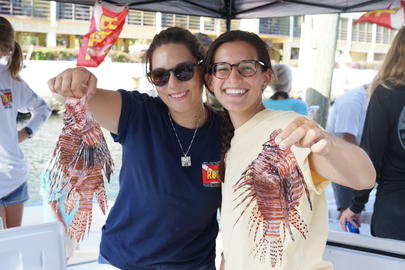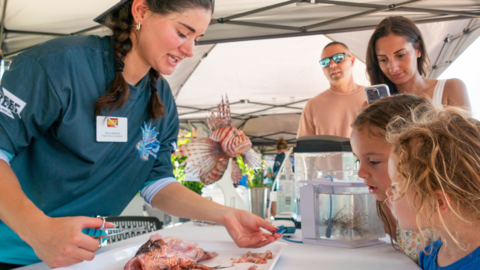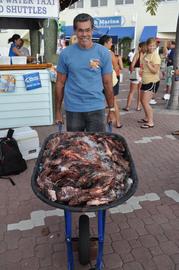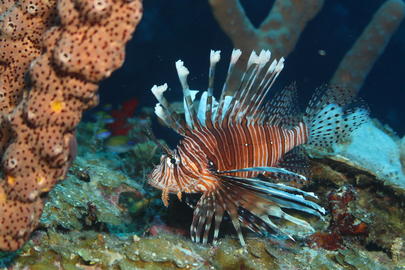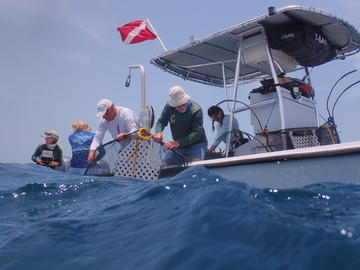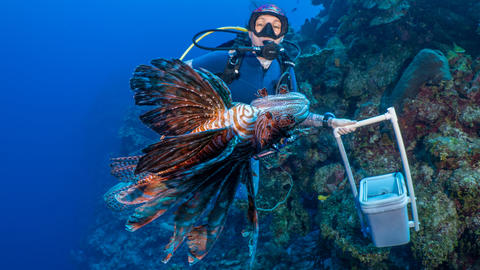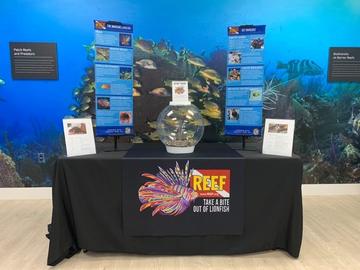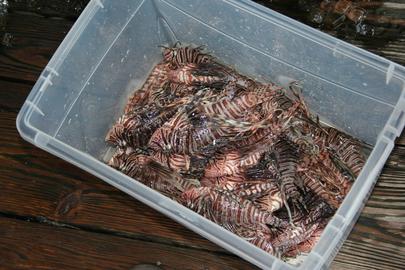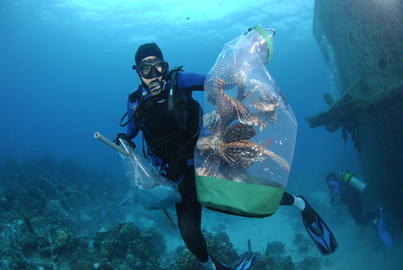Kick off your summer by joining us for the Miami Lionfish Derby on June 10! We are excited to be hosting this event in partnership with Phillip and Patricia Frost Museum of Science. Thank you to Whole Foods Market® for sponsoring our 2018 Lionfish Derby Series.
Below is a schedule of events for this weekend's Miami Lionfish Derby. We hope to see you there!
Friday, June 8: Captain's Meeting at 6:30 p.m. at Phillip and Patricia Frost Museum of Science. This meeting is mandatory for all derby participants.

